For much of the last quarter-century, Vagrant Records has been synonymous with the emo and alternative scenes. Much like how Epitaph Records and Fat Wreck Chords have become well-established homes for punk, Vagrant remains one of the most significant labels in the world thanks to a catalog featuring hundreds of beloved albums and dozens of all-time classics.
Beginning with the launch of the Get Up Kids’ Something to Write Home About on Sept. 28, 1999, Vagrant went on a several-year run that included some of the biggest names of the 2000s, ranging from Saves the Day to Alkaline Trio, Dashboard Confessional to Rocket from the Crypt. But rather than hanging the past when artists left for to major labels, breaking up, or otherwise parting ways with Vagrant, the label adapted, expanding their sound (and presence) by bringing in artists ranging from Paul Westerberg to Eels, while also landing deals with high-flying English sensations like The 1975 and Bombay Bicycle Club.
Although not quite as “independent” as it once was since being acquired by BMG in 2014, we’re celebrating the 25th anniversary of the label by having some of our favorite artists (Vagrant or otherwise) tell us about their favorite albums in the Vagrant catalog.
Alkaline Trio — Good Mourning
Good Mourning is a hell of a drug. I’ve listened to that album at least once a month since the day it came out, and it’s easily one of my all-time favorites. It runs the gamut of emotions that you experience when you feel unheard or unseen. It’s unhinged, romantic, perverted, vindictive, self-deprecating, and accepting. It’s selfish at moments and selfless in others. For me, Good Mourning is a 39-minute therapy session. When it’s over, I either feel better or like I need to listen to it all the way through one more time. Eighteen years later, I still wake up some days and know that it’s a Good Mourning type of morning, and I look for an excuse to get in my car, blast it, and sing along. — Jen Pop, The Bombpops
The Lemonheads — The Lemonheads
When rumor first started to filter through about The Lemonheads’ album in 2006, I thought I was having some kind of fever dream. First of all, I was ecstatic that Evan Dando, one of my all-time favorite writers, was back in the saddle. He’s long played with a revolving cast of musicians, some of whom I knew of and some I didn’t, but according to the grapevine, this time it would be different. Was it really possible that he was making an album with Bill Stevenson? THE Bill Stevenson, drummer of The Descendents and Black Flag, the man behind the Blasting Rooms studio, and an amazing songwriter in his own right? And with Karl Alvarez, the bass genius behind records like [The Descendents’] Everything Sucks, joining him in the rhythm section? As a three-piece, that’s not far off of my perfect line-up. And then people started saying that the legendary J Mascis was on lead, for some of the record at least. I couldn’t believe it and basically assumed I’d made it up to scratch an itch or indulge a fantasy.
In time, it became apparent that the rumors were true, and my excitement started to be colored by trepidation. Was it really possible for this lineup to live up to my stratospheric expectations? In the end, not only did I love it at the time, but it remains my favorite Lemonheads record of them all 15 years later. The record is sublime, supremely played and recorded, and with an untouchable canon of songs at the heart of it — most by Dando, but some also by Stevenson, and one or two by the unsung genius Tom Morgan. There’s even a bonus appearance by The Band’s Garth Hudson of all people. It’s an absolute staple of my taste and influence to this day. — Frank Turner
Saves the Day — Stay What You Are
When I heard it, it changed my life. I had never heard something that spoke directly to me like that record. — Buddy Nielsen, Senses Fail
Koufax — Social Life
Koufax were on a different level than a lot of the other bands on Vagrant, they were more in the new wave/Joe Jackson genre of music. Social Life was one of those albums the driver would put on while on tour and everyone else in the van would take off their headphones to listen to. The melodies are on point and the lyrics hit hard, especially on songs like ‘Come Back to Life’ and ‘Younger Body.’ — Josh Berwanger, The Anniversary
Rocket from the Crypt — Live from Camp X-Ray
I like each of this band’s albums better than the previous one. There is so much good energy on this one, and the album feels short with no filler. Plus, they never fit too neatly into any particular genre of music, which is the best kind of middle finger. — Max McDonald, No Motiv
The Get Up Kids — Something to Write Home About
The first time I heard the Get Up Kids, we were sharing a stage at Redding Festival in the UK. I had heard of the band prior, but due to the context of the conversations in which they were mentioned, I had stupidly dismissed them as some emo thing that I couldn’t possibly be interested in. Their set was incredible, especially the fervent and dedicated fans, who screamed every word of every song almost louder than the massive PA at the gig. The combination of brilliant pop melodies set against the unexpectedly powerful combination of keyboard and guitars won me over, and when I purchased Something to Write Home About shortly thereafter, it didn’t leave my car or portable disc player (because that’s how we rolled back then) for weeks. ‘Ten Minutes’ and ‘Close To Home’ are my favorites on this record, and I still listen to it all the damn time. — Russ Rankin, Good Riddance/Only Crime
Paul Westerberg / Grandpaboy — Stereo / Mono
I remember these records coming out of nowhere. Stereo being like basement tape-era Dylan-type songs — super rough and pure. The Grandpaboy Mono LP was just the opposite — super catchy Replacements-esque hooks and songwriting. All in all, they’re two outstanding records that remind you that Paul Westerberg is a great songwriter. — James Bowman, Against Me!
The Anniversary — Your Majesty
Though I love their first album, Designing a Nervous Breakdown, this record was a big leap forward for them creatively. The songwriting is more mature, but still has the urgency of their earlier work. As soon as I hear the drumbeat to ‘Sweet Marie,’ it puts a smile on my face. — Matt Pryor, The Get Up Kids
The Hold Steady — Stay Positive
When Craig Finn sang the words ‘we gotta stay positive,’ little did he know the messed up space our COVID/post-COVID world would be. Eleven songs across 44 minutes make up the Hold Steady’s 2008 album, Stay Positive, and the record is a rollercoaster of faith and fight to keep our heads above water no matter how crazy it all may seem.
I was lucky enough to know the Hold Steady before they were the Hold Steady — back when they had a band called Lifter Puller. I remember talking with Craig after Lifter Puller ended, and he said to me in his humble and quiet voice, ‘Yeah, I want to start a new band. It’s going to be a bar band.’ Deep in my indie-wannabe mindset at the time, I remember looking at him stunned and wondering ‘What the hell is that?’
Four great albums later, the Hold Steady arrived at Stay Positive and proved what an exalted bar band could be with lyrics to rival the greats, guitars that weren’t afraid to be guitars, a cement-solid rhythm section and dazzling pianos.
In 2008, as almost always, it was cooler to be negative than insightful. However, on Stay Positive, the Hold Steady were able to look at themselves, their friends and even their previous songs to see how life was gaining on them. How to get older, deal with the constant blows and unimaginable weird twists life throws at you but still find the energy to dig deep and find the hope, belief and ideals of youth.
The music on Stay Positive — from the first throat punch guitar notes of ‘Constructive Summer’ to a final unified band singing a gospel-like-choir-chant of power — never lets you escape. This is no bar band shuffling through bad AC/DC cover band rip-off riffs, but rather a sprint through ups and down, calms and storms, Hail Mary’s and hallelujahs to bring the listener into a world that makes you feel like we are not alone in this crazy life. And it is in that unity where the Hold Steady sings ‘our psalms are sing-along songs.’ — Kevin Whelan, The Wrens
Face to Face — How to Ruin Everything
I thought it was well-produced and I also loved the tempos and the feeling that Trever expressed in his songwriting. This record is very catchy and very melodic as well. — Steve Caballero, Urethane
Boxer — The Hurt Process
When Big D and the Kids Table began, I was on drums and we had all the other musicians, other than a singer. Around this time, everyone around me was starting bands. We had talked a bit with Dave Cave about being Big D’s singer. As it worked out, Dave Cave joined Boxer, and Big D told me that I had to be the singer of Big D because they said I’d do a good job. Furthermore, Chris Pennie, the drummer for Boxer, was the first kid I talked to during my first week at college. I went up to him because he was wearing a Revolution Records hoodie and I hoped maybe this could be someone I could start a band with — but we were both drummers.
Big D’s first club show ever was with Dave Cave and Chris Pennie and their new band Boxer at The Middle East Club in Cambridge, Mass. They had just gotten signed by a real label — Vagrant Records. We opened that show, and from that moment on, Big D never stopped playing. Thanks Boxer!” —Dave McWane, Big D and the Kids Table
Hot Rod Circuit — Sorry About Tomorrow
Sorry About Tomorrow was released right around the time that all of my friends started getting their driver’s licenses (I was young for my grade) and it quickly became one of the most listened-to CDs in everyone’s car that summer. The town I grew up in was about 35 minutes from the beach, so the album was the perfect fit for our drives down to Belmar, NJ. As a guitar player, I really appreciated the intricacies of the lead guitar parts. There were a lot of unique bends and interesting note choices, not to mention the many quotable lyrics and air drum-able moments that I really thought helped define Hot Rod Circuit as a band in a league of their own. — Michael Kamerman, Smallpools
Alkaline Trio — From Here to Infirmary
I loved this album instantly. Being from Chicago, I knew Alkaline Trio’s music very well and this, I believe, was leaps and bounds ahead of their previous work in terms of pure songwriting. I also was drawn to the production, which indirectly led to Hey Mercedes doing our first album at this studio, Pachyderm. — Bob Nanna, Hey Mercedes
Dashboard Confessional — Dusk and Summer
Dusk and Summer by Dashboard Confessional is the holy grail of anthemic alt-rock that is guaranteed to get you through any hard time or painful heartbreak, even those that feels everlasting. — Charlotte Sands
Koufax — It Had to Do with Love
When this came out, we were about to go on tour with the Get Up Kids and Koufax. This record really blew me away, the dual keys and synth lines and hooks — so smooth. It was such an amazing tour playing with these guys. I still love this album a lot. — Jim David, The Anniversary
Rocket From the Crypt — Group Sounds
The guitars, the energy, the pounding beat. Everything I love about rock n’ roll condensed to a perfect slab of vinyl, curated by the greatest frontman of our generation, Swami John Reis. — Ross Ott, The Bled
Face to Face — Live
This is the record I picked up at a local record store that led us to signing to Vagrant. I copied the address off the back of this CD and started sending our demos to their P.O. Box. I bugged the heck out of Jon Cohen with phone calls. It actually worked! — Pat Pedraza, No Motiv
Saves the Day — Sound the Alarm
In 8th grade, I discovered Saves the Day on the Pop Disaster tour with Blink-182 and Green Day. There was a strange skullet man next to us trying to give us cigarettes, and a Motley Crue-looking 70-year-old lady with a face tattoo. She was showing her long boobs to everyone. Pretty sure that was the first time I ever saw boobs, and it wasn’t what I thought it’d be.
Sound the Alarm was gold because it was proof that singers without gnarly grizzly voices could sing punk and still rip n’ thrash. I related to Chris’s voice in that way. Anytime I ever tried to scream or sing hard, I would fuck my voice up. So I paid attention to how Chris’s wispy, nuanced vocals fit on top of heavier guitars and drums.
Melody is always a priority, and Saves the Day informed me how vital short, melodic songs were to me as a young person. I’m glad I found out about them early in my songwriting life. — Brett Newski
The Get Up Kids — On a Wire
They followed up a record that is widely considered to be one of the greatest emo records of all-time with a record that took some chances, and they absolutely stuck the landing. ‘Overdue’ is such a statement song — right outta the gate they give you an all-timer while letting you know this isn’t gonna be just another Get Up Kids record. — Thrice
Senses Fail — Still Searching
I had always been a fan of Senses Fail, but Still Searching, to me, is where they really found their stride. I was kind of growing out of my emo/pop punk phase, and I feel like this album was a more mature effort. Their use of more feedback and experimenting with more pedals like delay and reverb really resonated with me.
I kept it on repeat for a good two to three months, falling more in love with each song the longer I listened. I was going through my first breakup and related to the emotion in every song. It was like Buddy was saying exactly how I was feeling.
It was also around this time that I had started writing music of my own. I’d have to do some digging, but I’m pretty sure on a hard drive somewhere there is a song I wrote that was completely influenced by ‘The Priest and The Matador.’
To this day I revisit this album and it still holds up. — Matty Taylor, Tennis System
Bombay Bicycle Club — So Long, See You Tomorrow
Bombay Bicycle Club has played a huge role in my life and Valley’s come up. I was obsessed with discovering bands from the UK in Grade 9. I would spend countless nights staying up until 3 am scrolling through blogs and YouTube playlists. I remember stumbling upon a random beat uploaded by the name Jack Steadman. The beat was called ‘Roam,’ and I was so incredibly fascinated by it. It was this beautiful breakbeat with a bright-pitched robotic vocal looping constantly. From there, I started researching who Jack was, and I quickly realized that he was the lead singer of Bombay Bicycle Club.
Their album So Long, See You Tomorrow is where Valley’s early days come into play. That album came out right around the time we were producing our first EP, This Room is White. Bombay created an entire new sonic universe with that record, blending Indian pop samples with their intricate melodic rhythm sections and guitar parts.
We owe so much to So Long, See You Tomorrow. Our first song to gain any type of recognition, ‘Swim’ (which introduces a sitar sample in the drop), was heavily inspired by the textures and samples heard on So Long, See You Tomorrow. — Rob Laska, Valley
Murder By Death — Red of Tooth and Claw
My first brush with Murder By Death was when they played at the Trocadero in 2009 (with Gaslight Anthem, the Loved Ones, Broadway Calls), and it was not since the first time I heard Tom Waits has music made me feel like this. I instantly bought Red of Tooth and Claw, and the cello combined with the Leonard Cohen-esque vocals rolled into one are what makes this band and this album really special. There is so much to like here, so it’s hard to pick favorites, but I think that ‘Comin’ Home,’ ‘Rum Brave’ and ”52 Ford’ are the best cuts.
If you’re a fan of Tom Waits, Nick Cave, Jim Morrison, and even Johnny Cash, then chances are you will like MBD. — Linh Le, Bad Cop/Bad Cop
Moneen — Are We Really Happy With Who We Are Right Now?
While my top 5 records of all-time list continues to change, this is one that is in constant contention. It has the perfect beginning and one of the best closers of all time, and I will always recall my first time hearing it — while climbing up a 20-foot ladder, washing windows for a summer job with one of my best buddies. — Pete Weiland, A Great Big Pile of Leaves
The 1975 — Music for Cars
Music for Cars by the 1975 is a perfect glimpse into the world they’ve gone on to create for fans like myself. From the beginning, the 1975 has consistently held me captive with their range. From songs as convivial as ‘Chocolate’ to tracks like ‘Me’ that hold so much depth I basically drown — my favorite song of theirs I must add. I count myself lucky to be inspired by them. — Addie Sartino, The Greeting Committee
Black Rebel Motorcycle Club — Beat the Devil’s Tattoo
I don’t remember how I stumbled on to BRMC, but it was before I had any streaming service. I bought two or three songs off of Beat The Devil’s Tattoo and pretty quickly realized I needed the whole album. With the Strokes being so big then, they felt like the dirtier, grittier, older brother and I loved it. That album was definitely a big influence on Forty Feet Tall’s first stuff. — Cole Gann, Forty Feet Tall

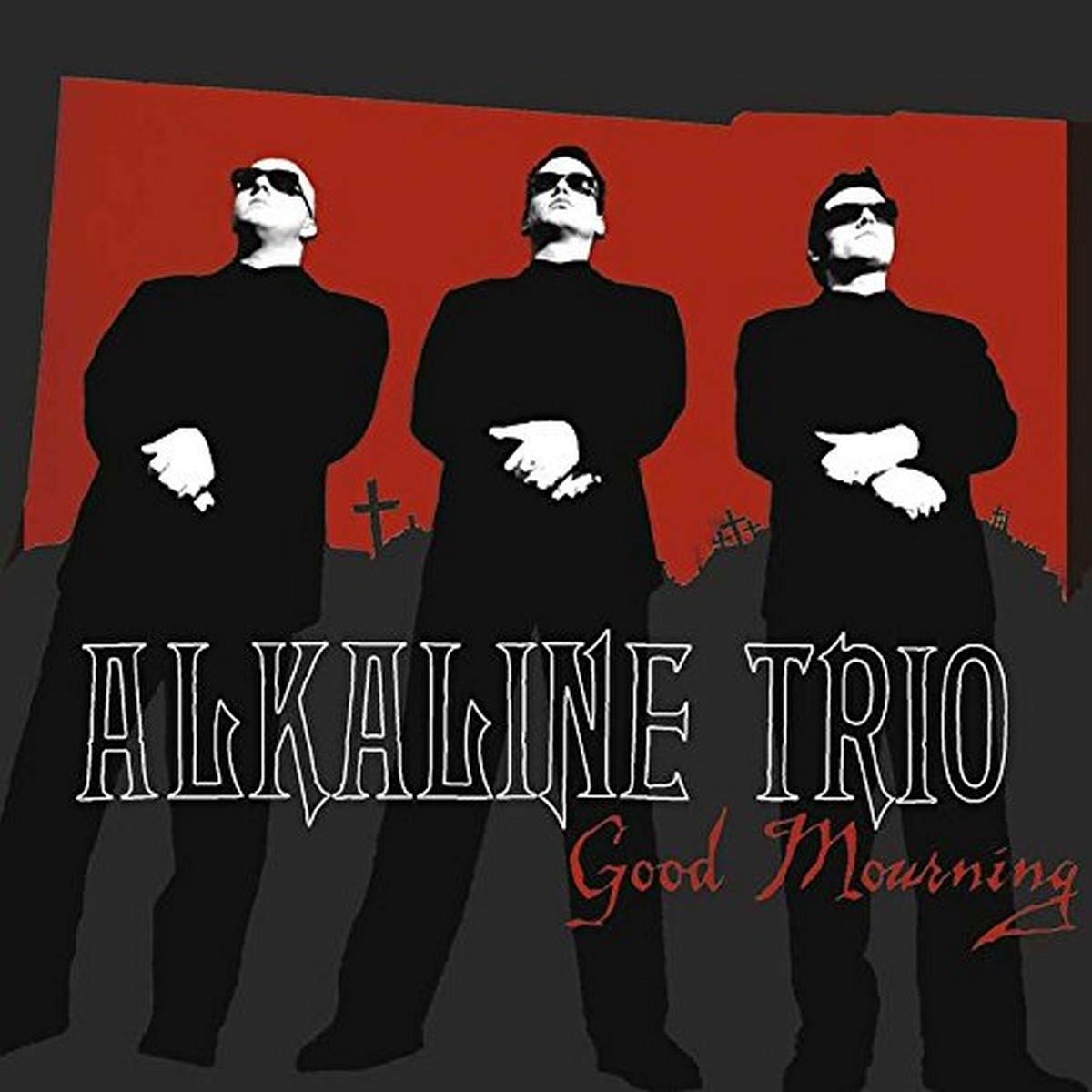
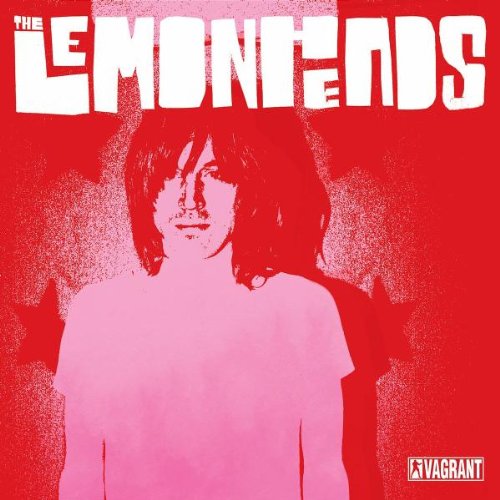
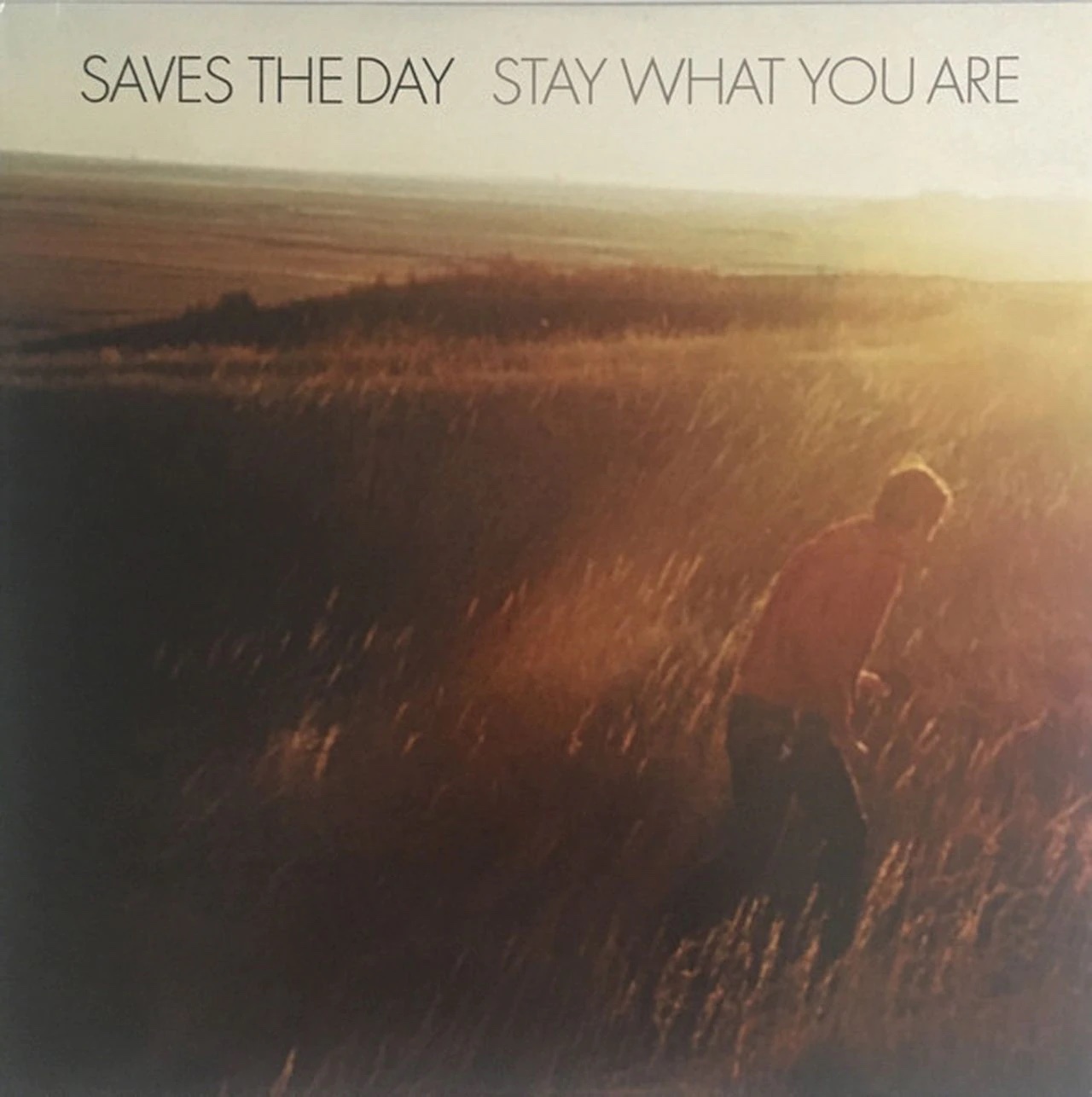
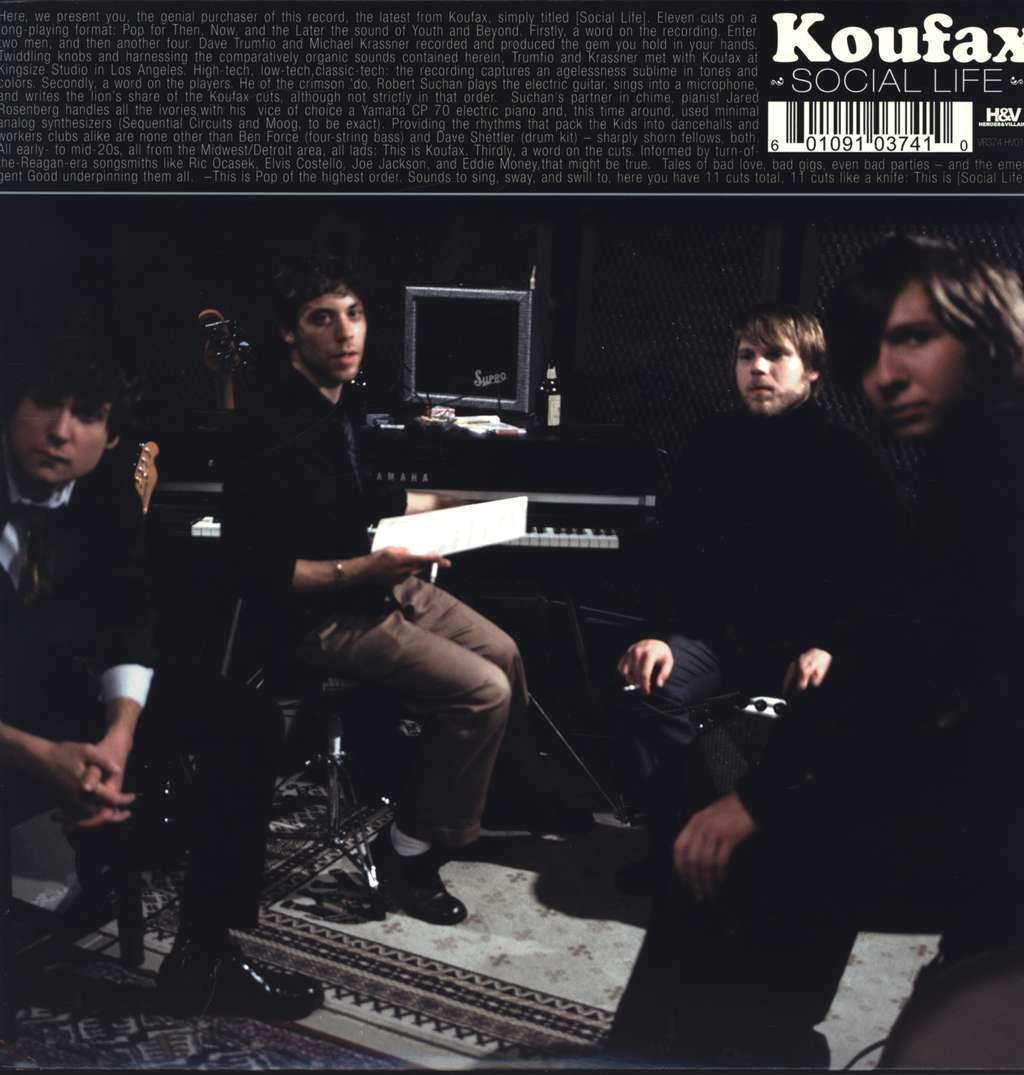
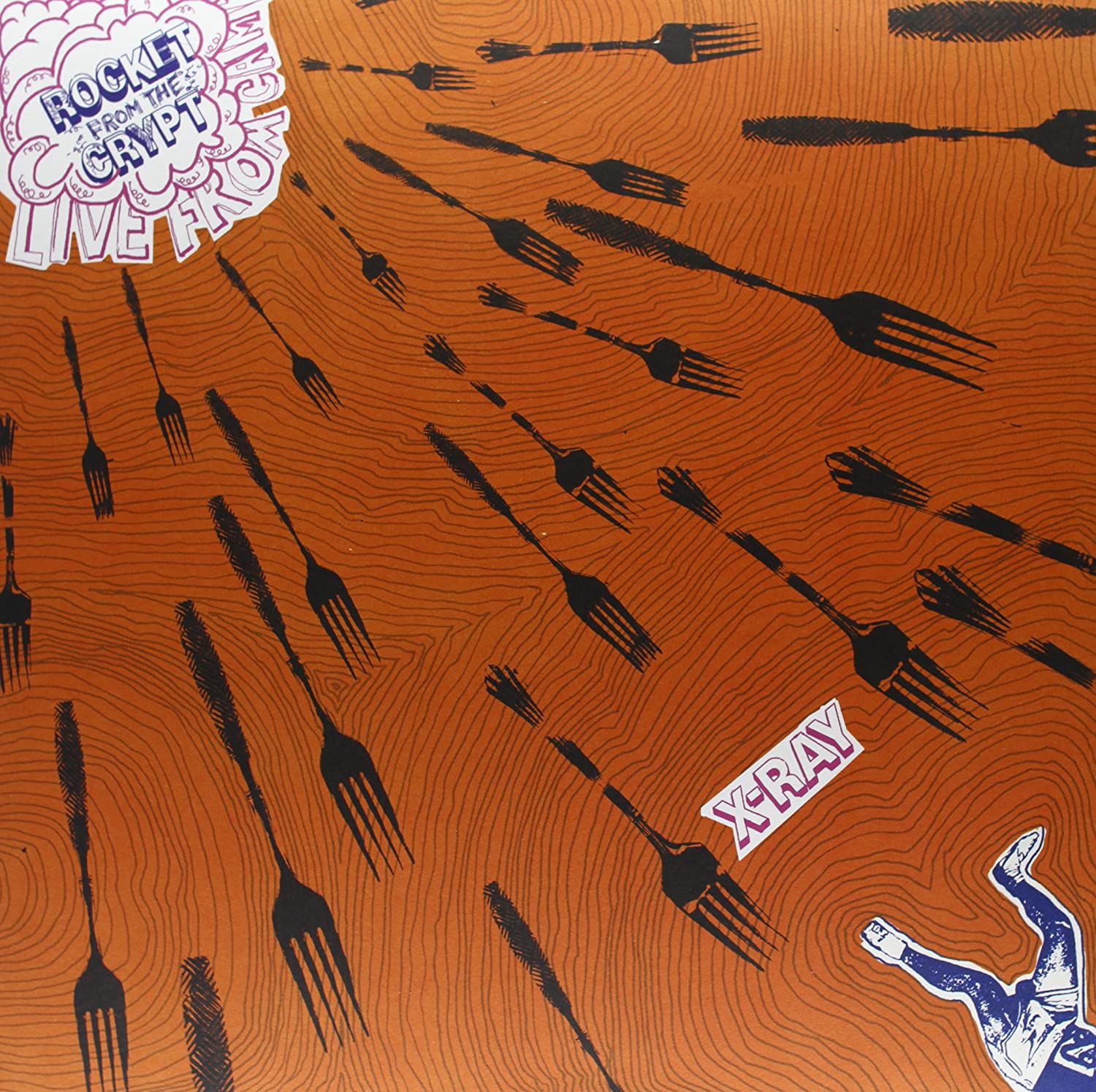
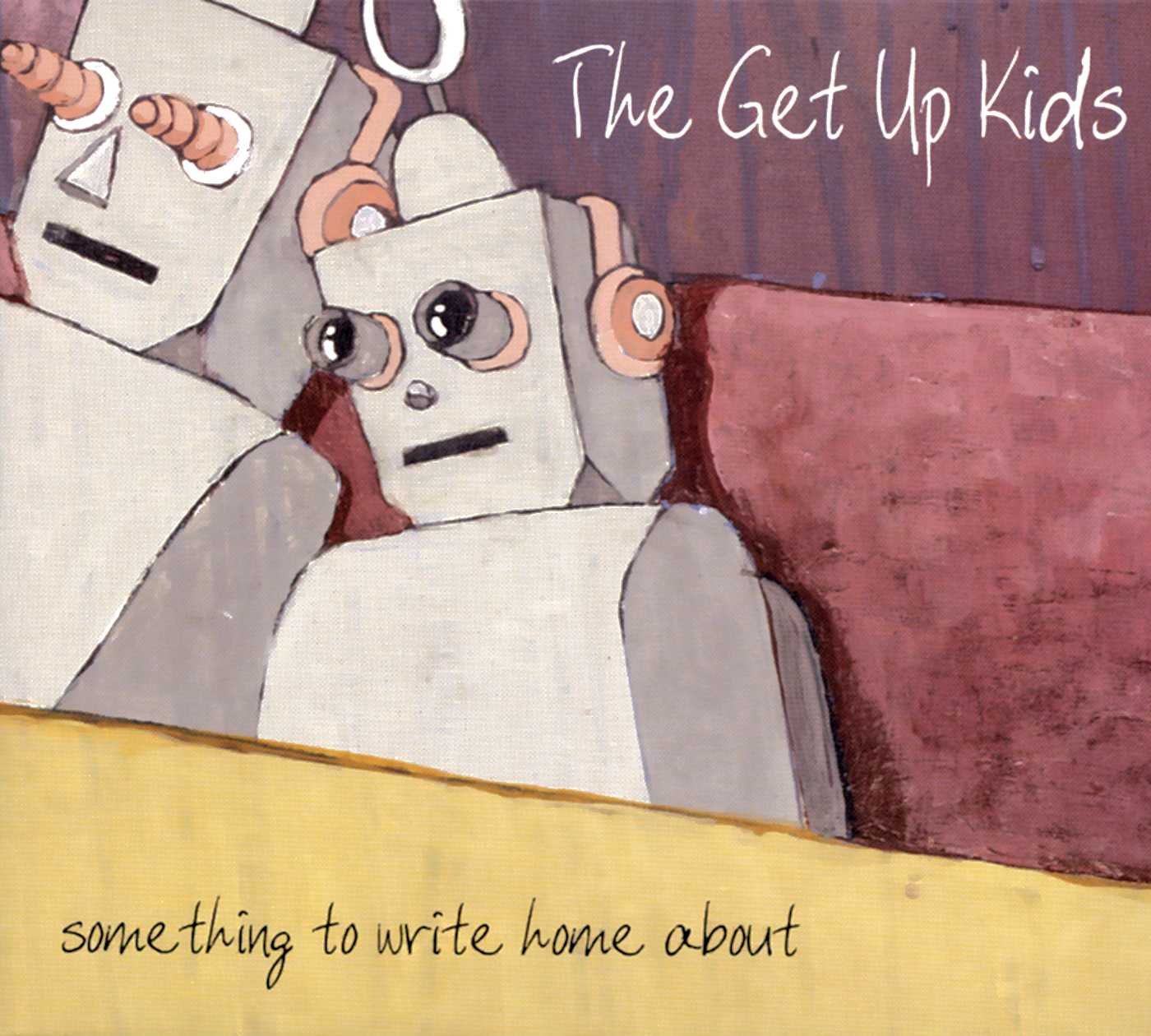
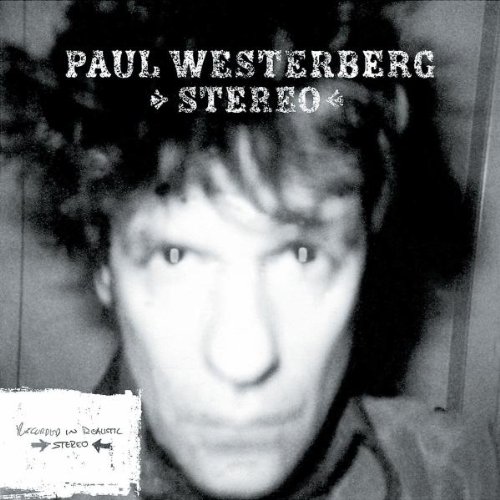
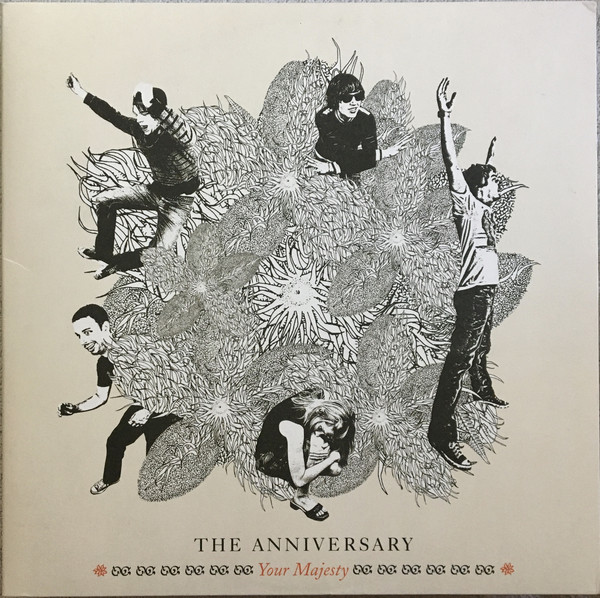
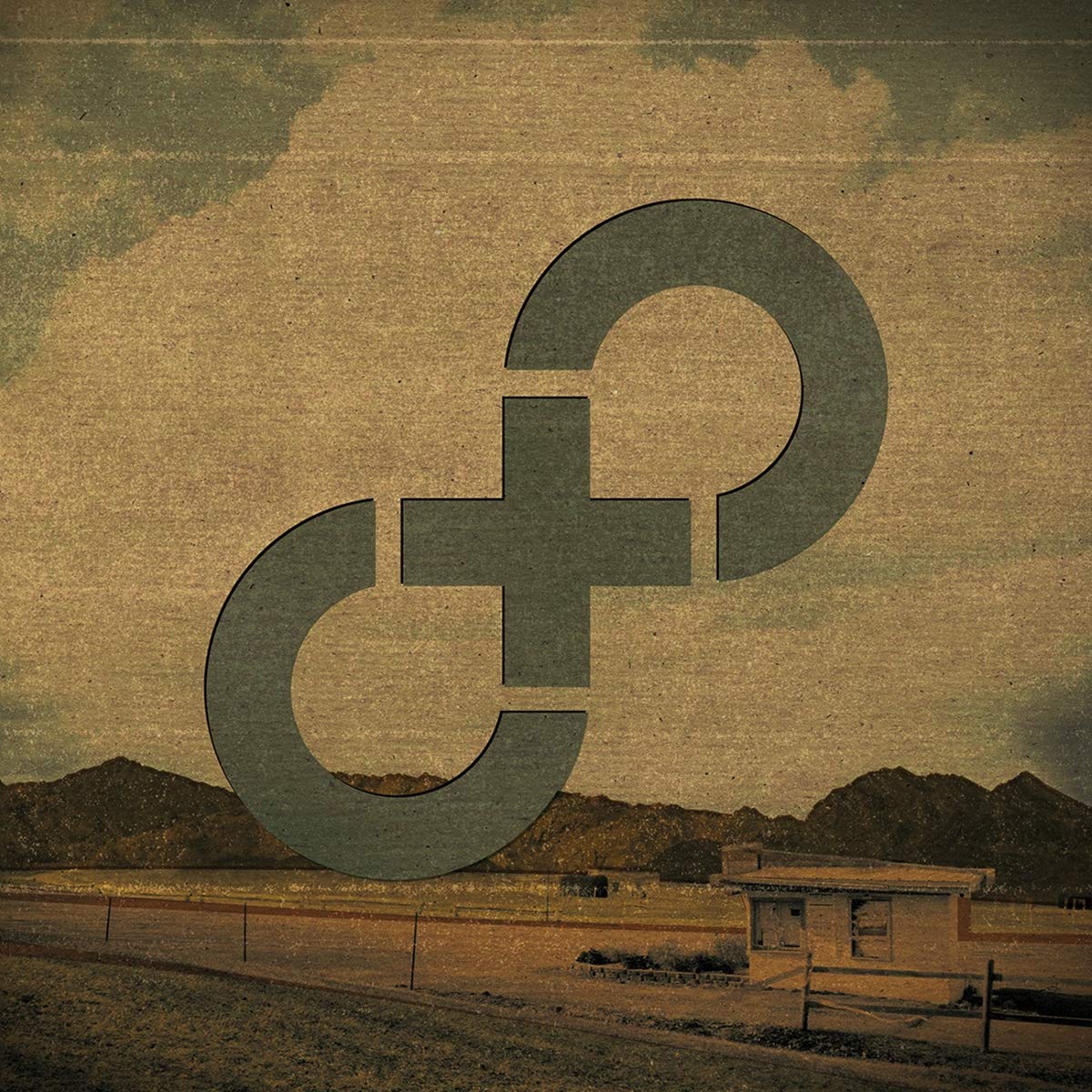
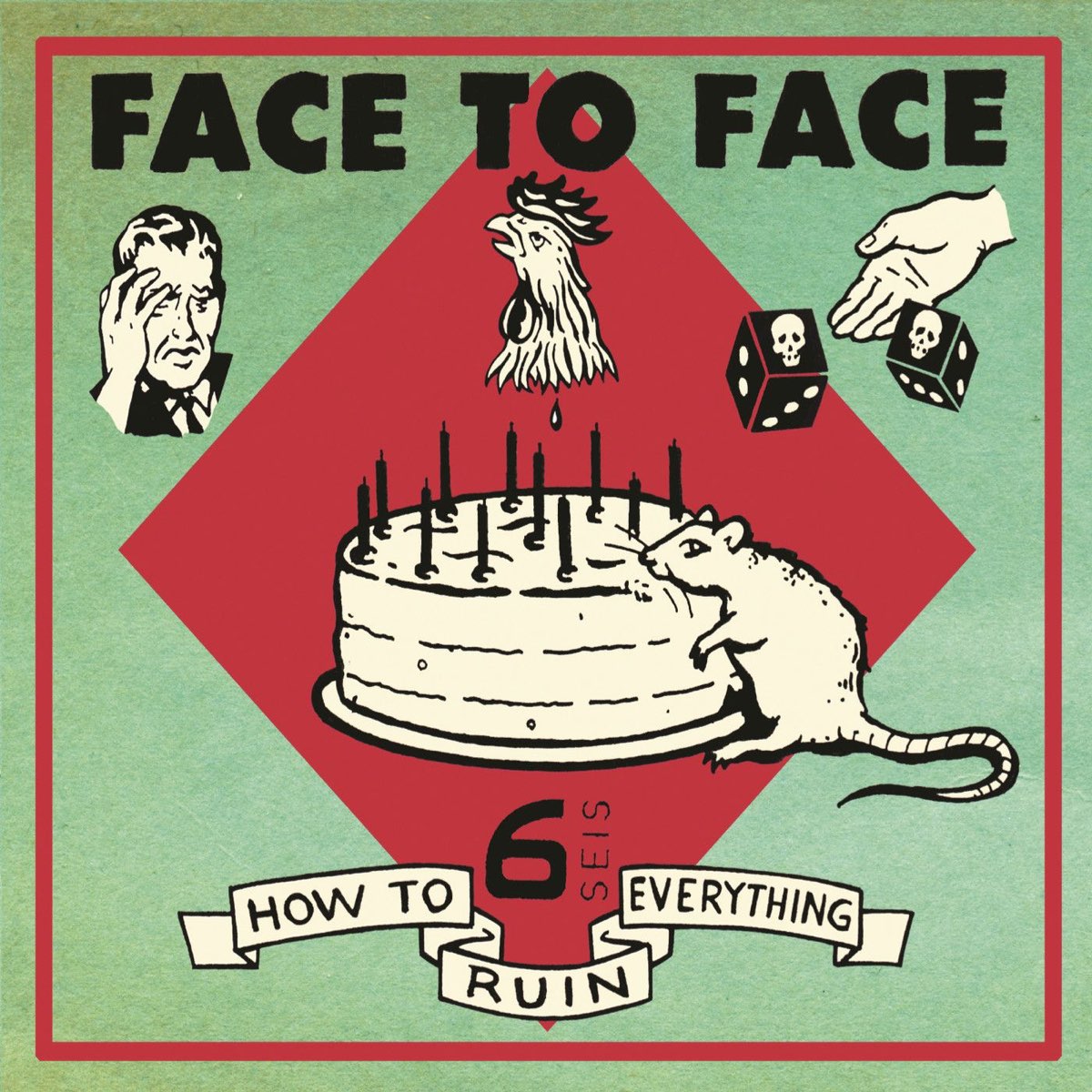
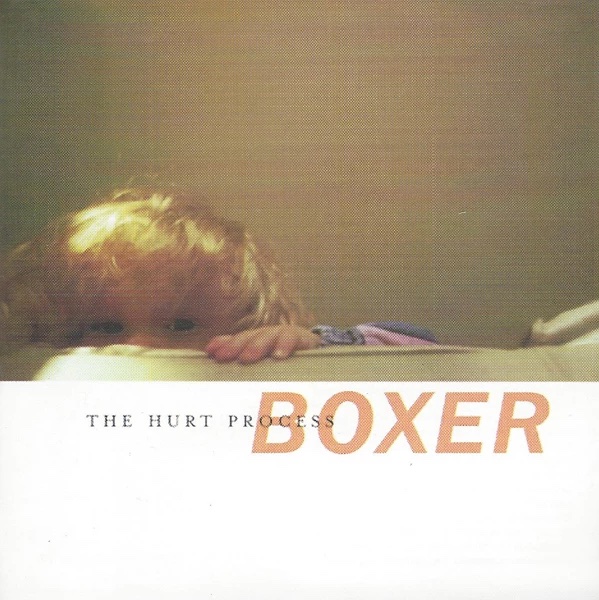
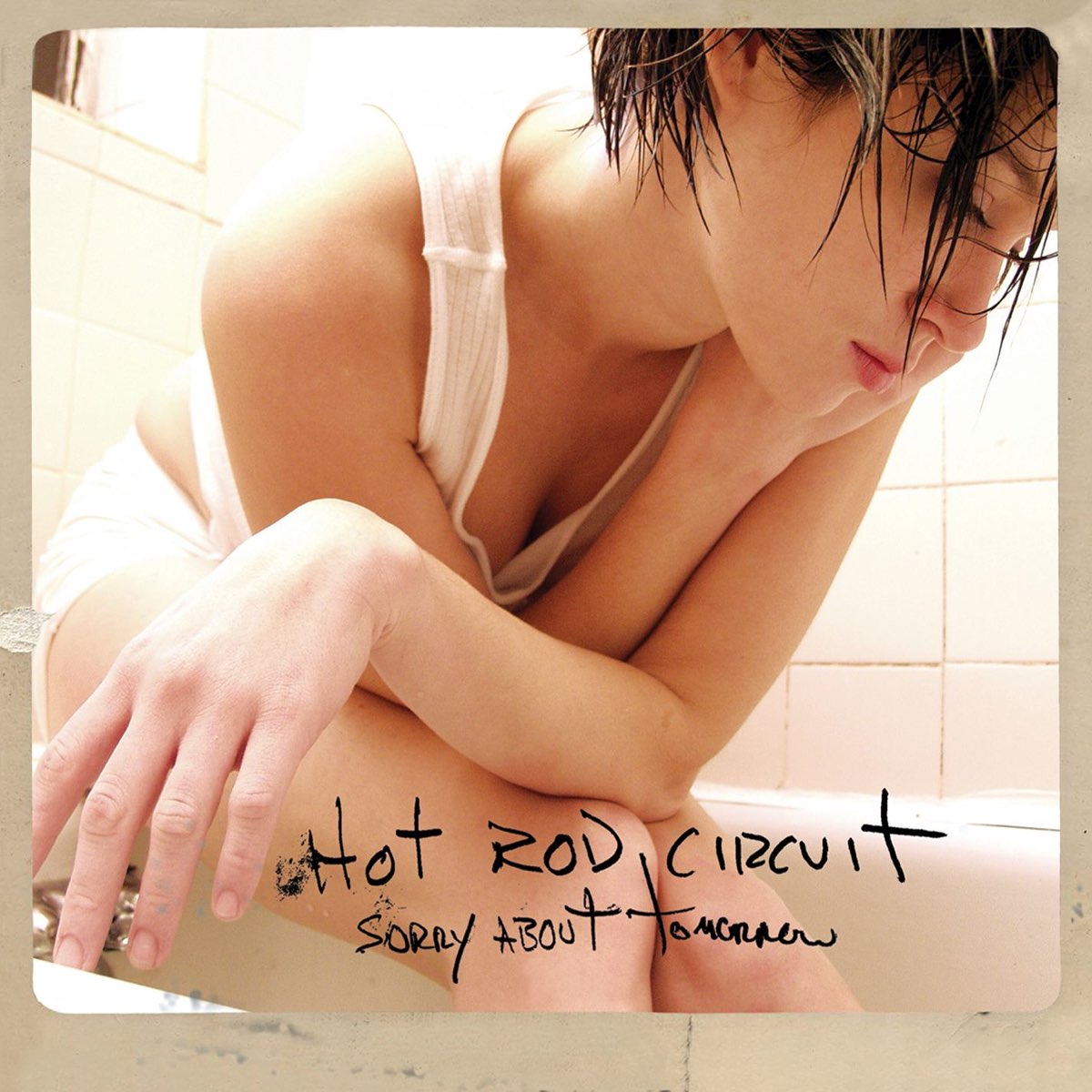
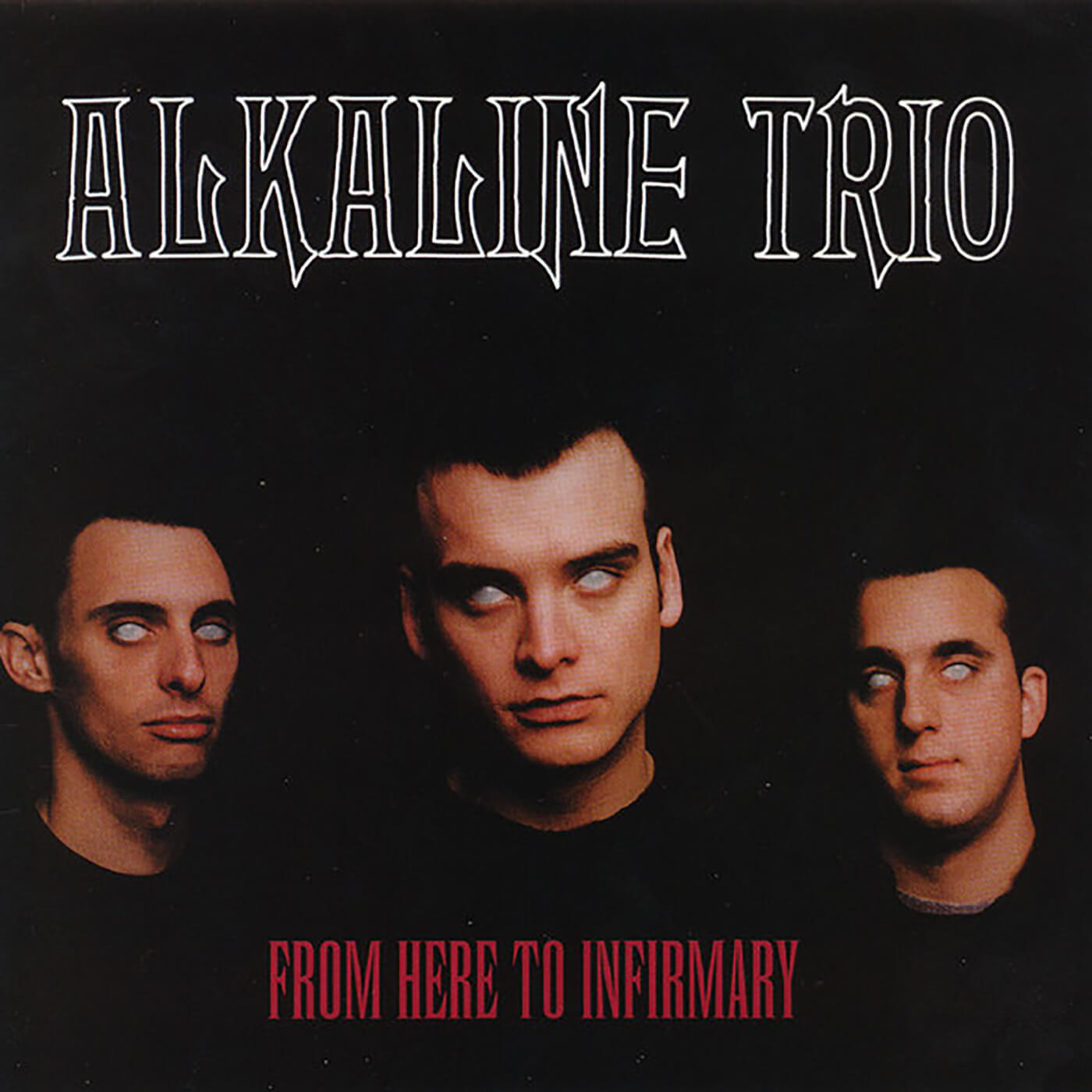
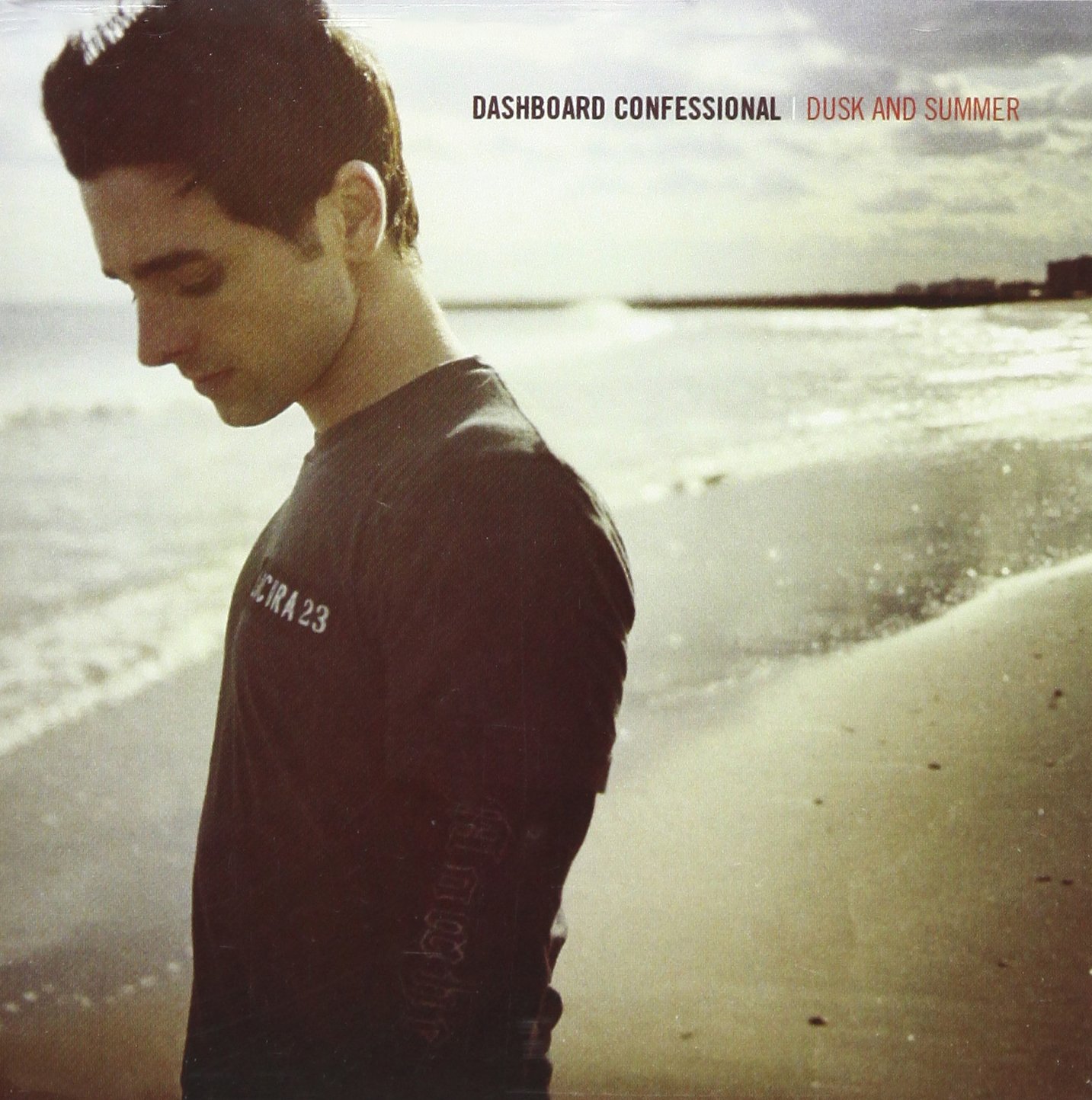
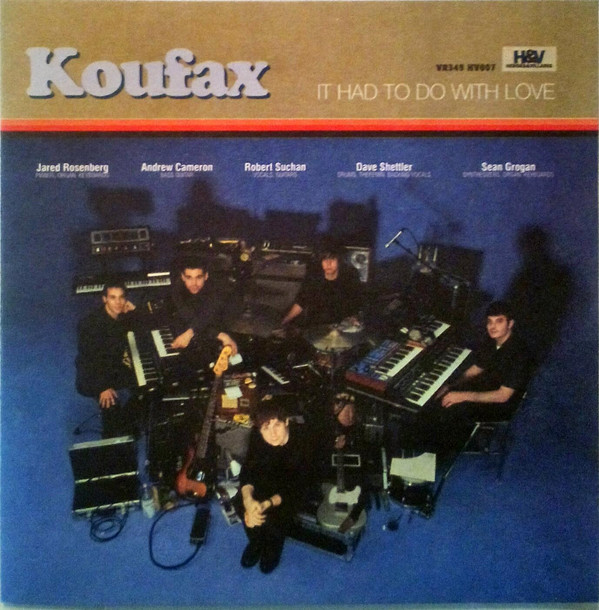
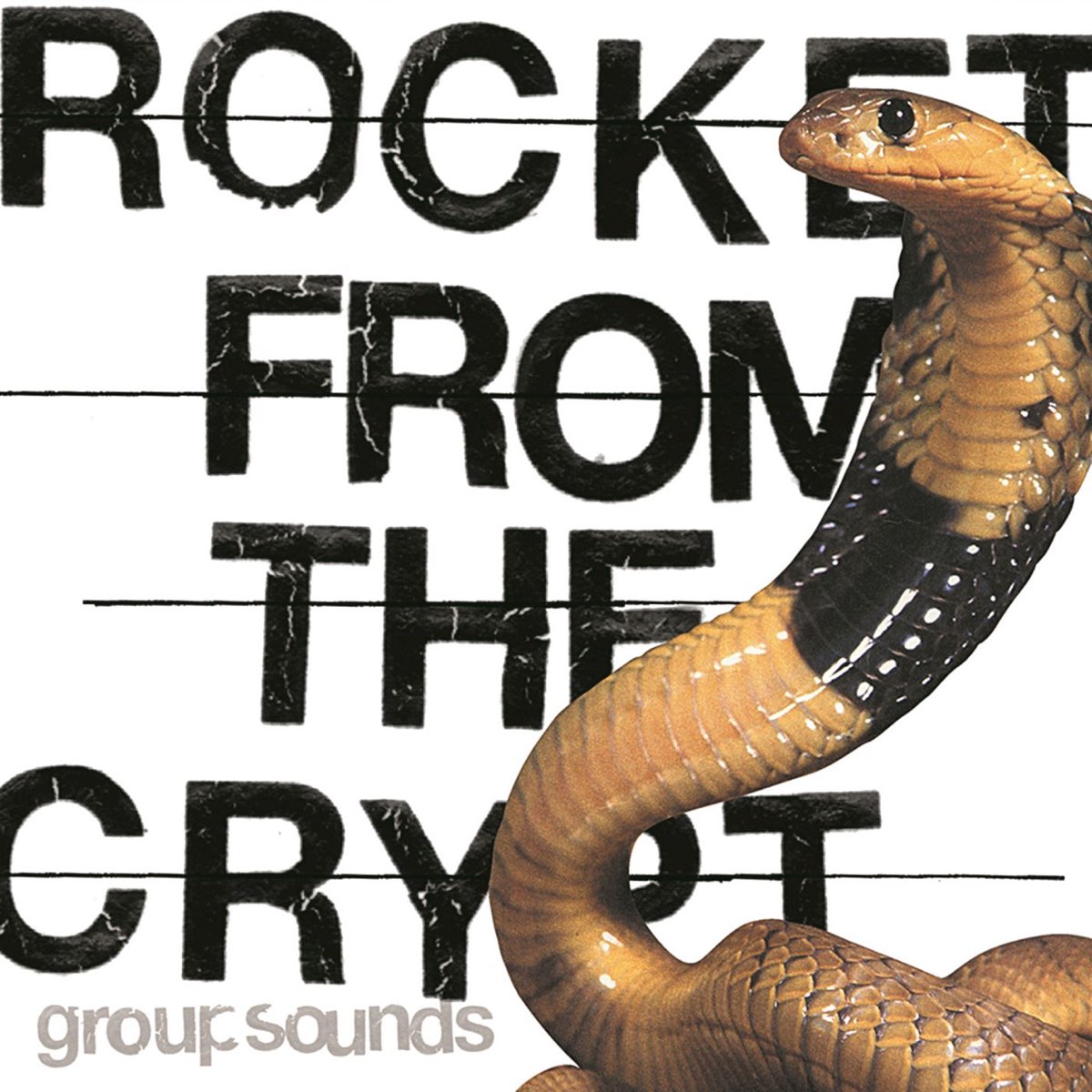
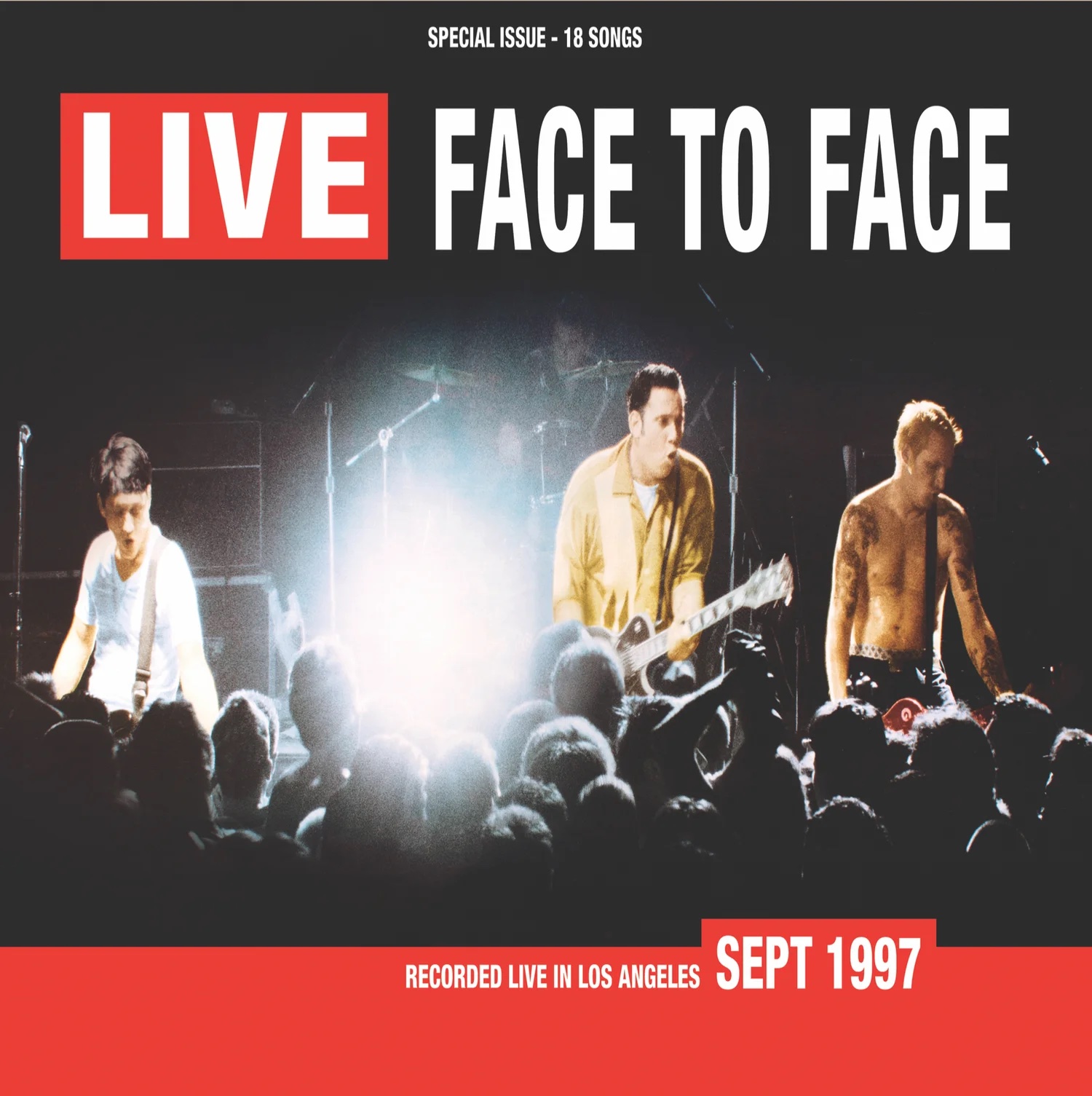
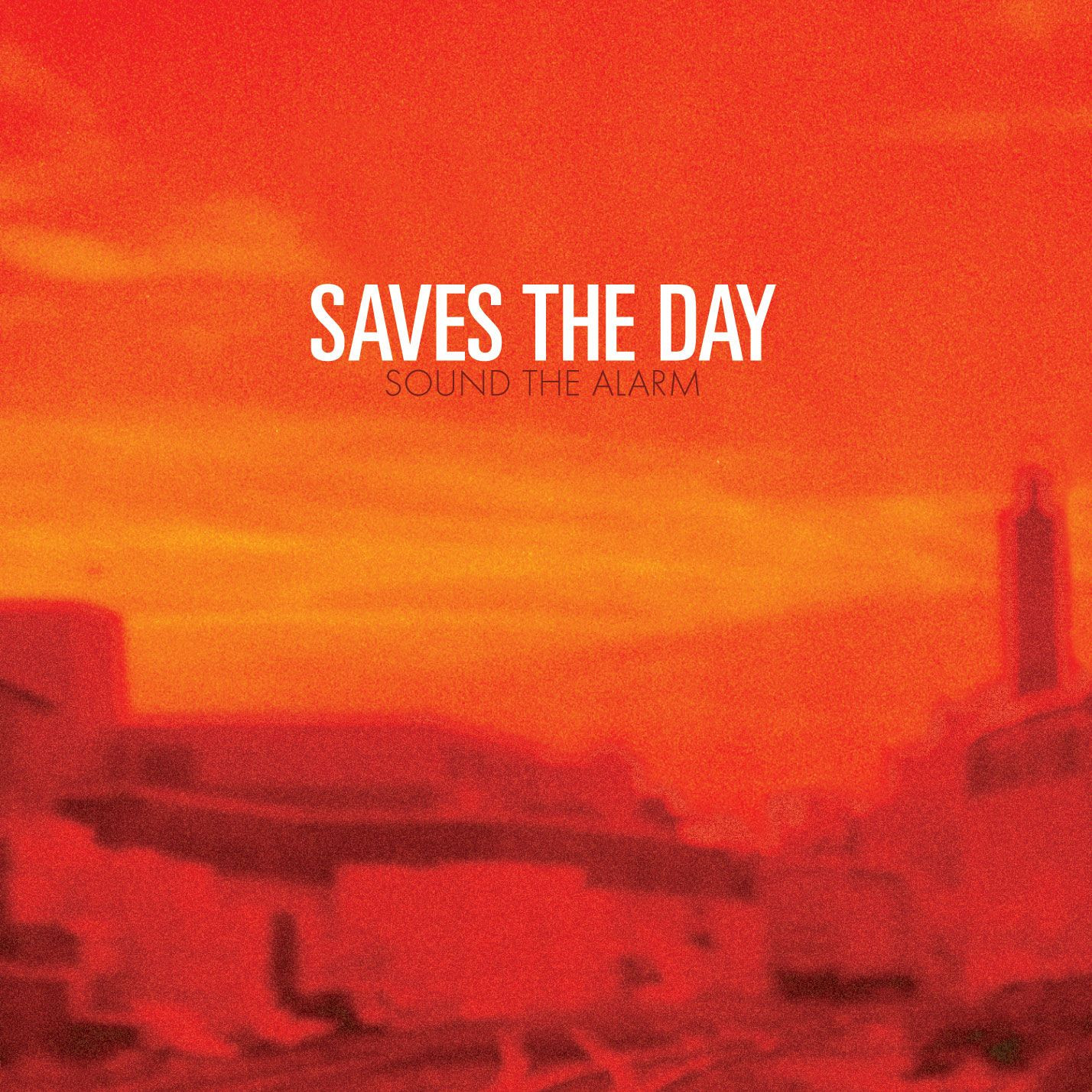
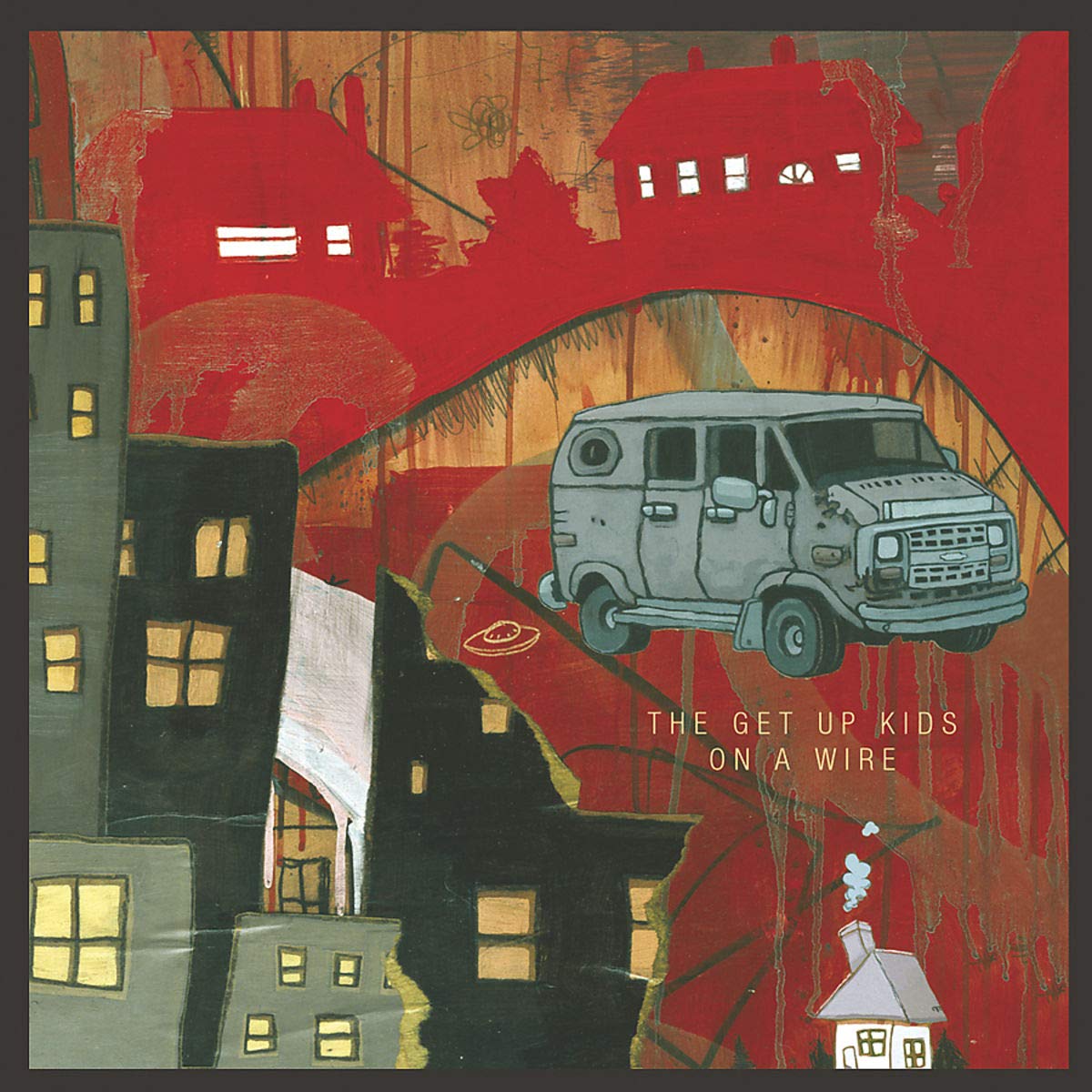
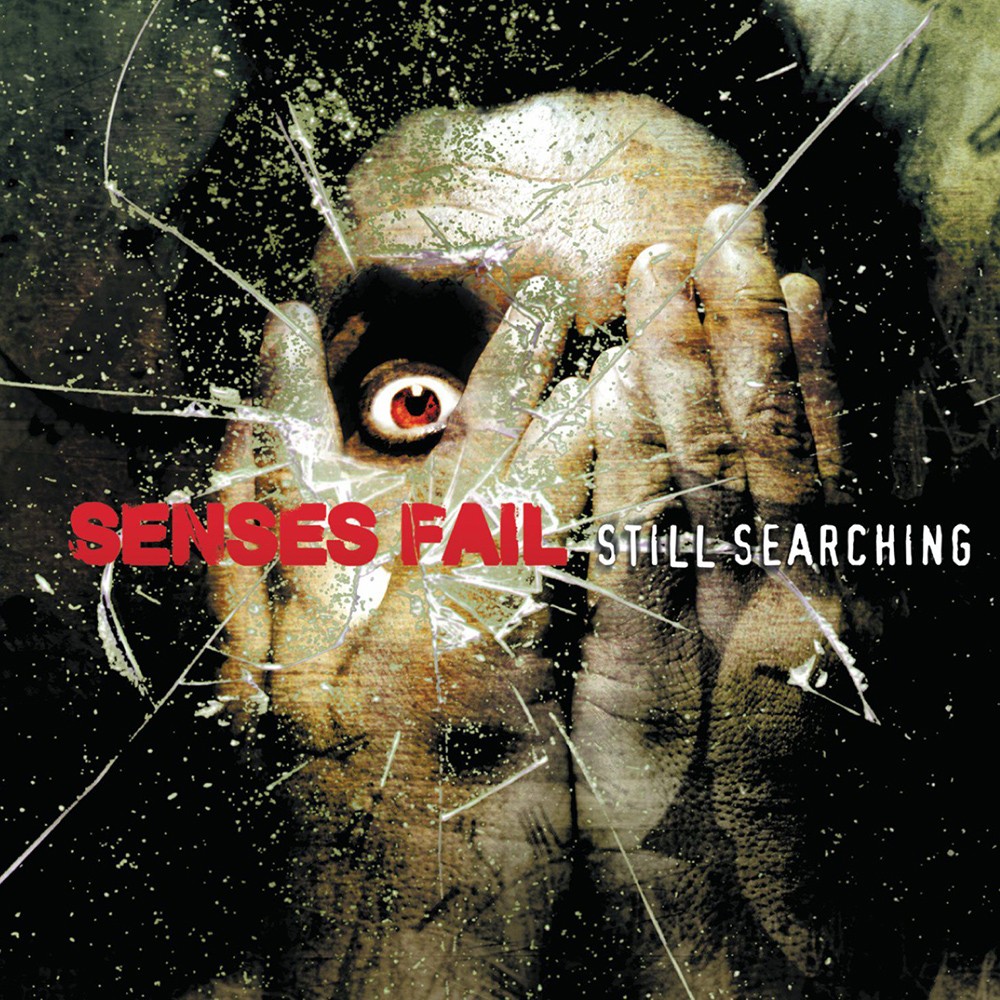
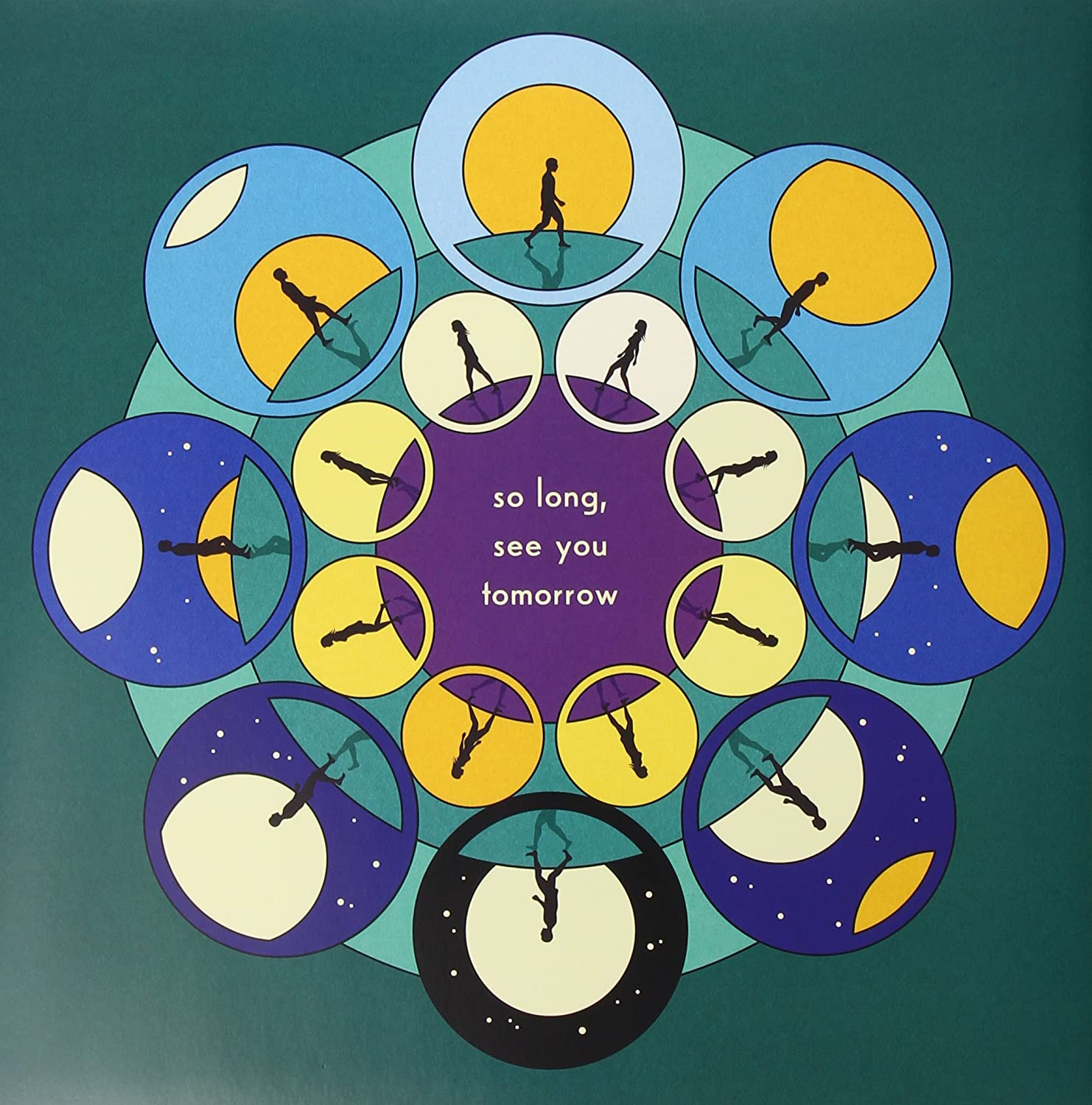
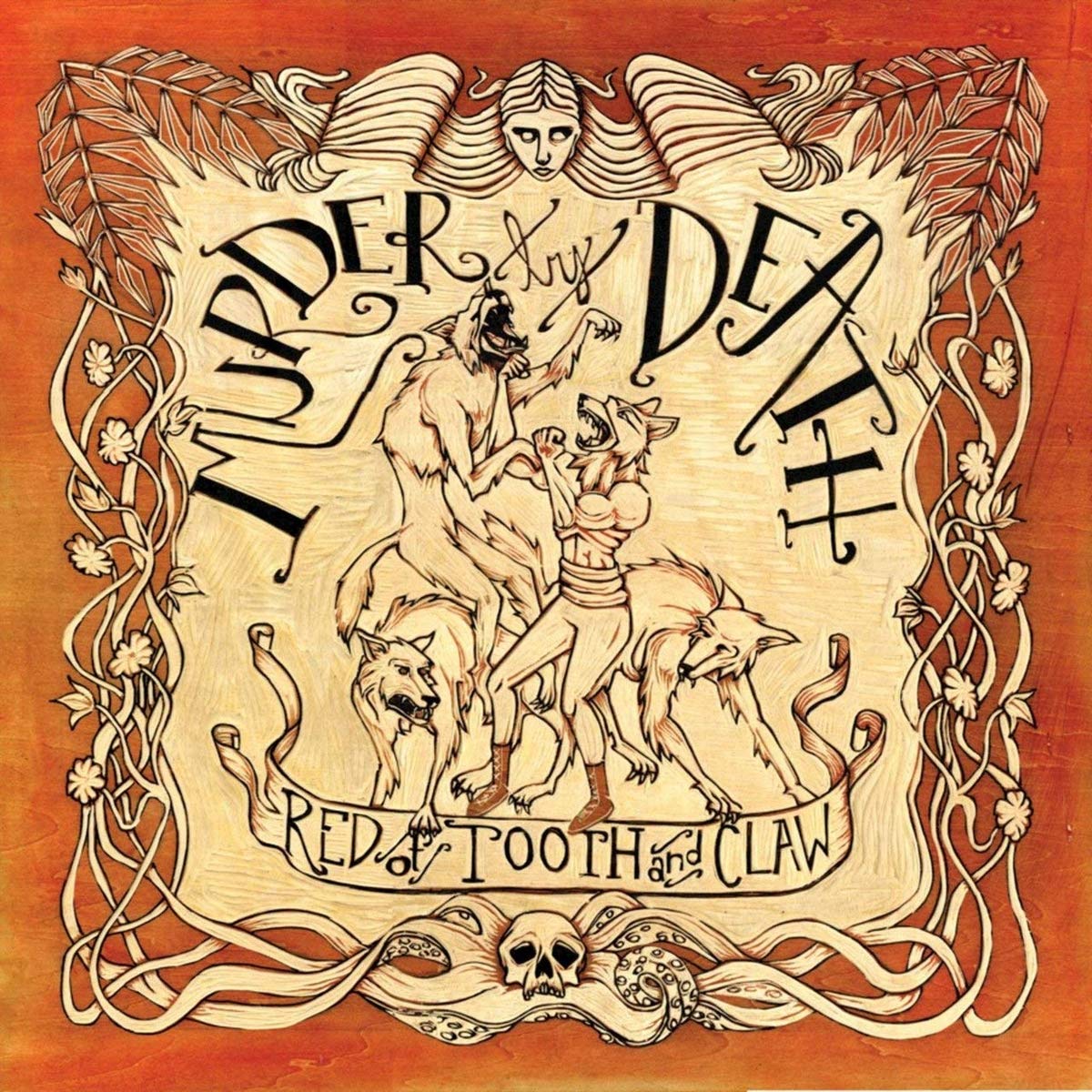
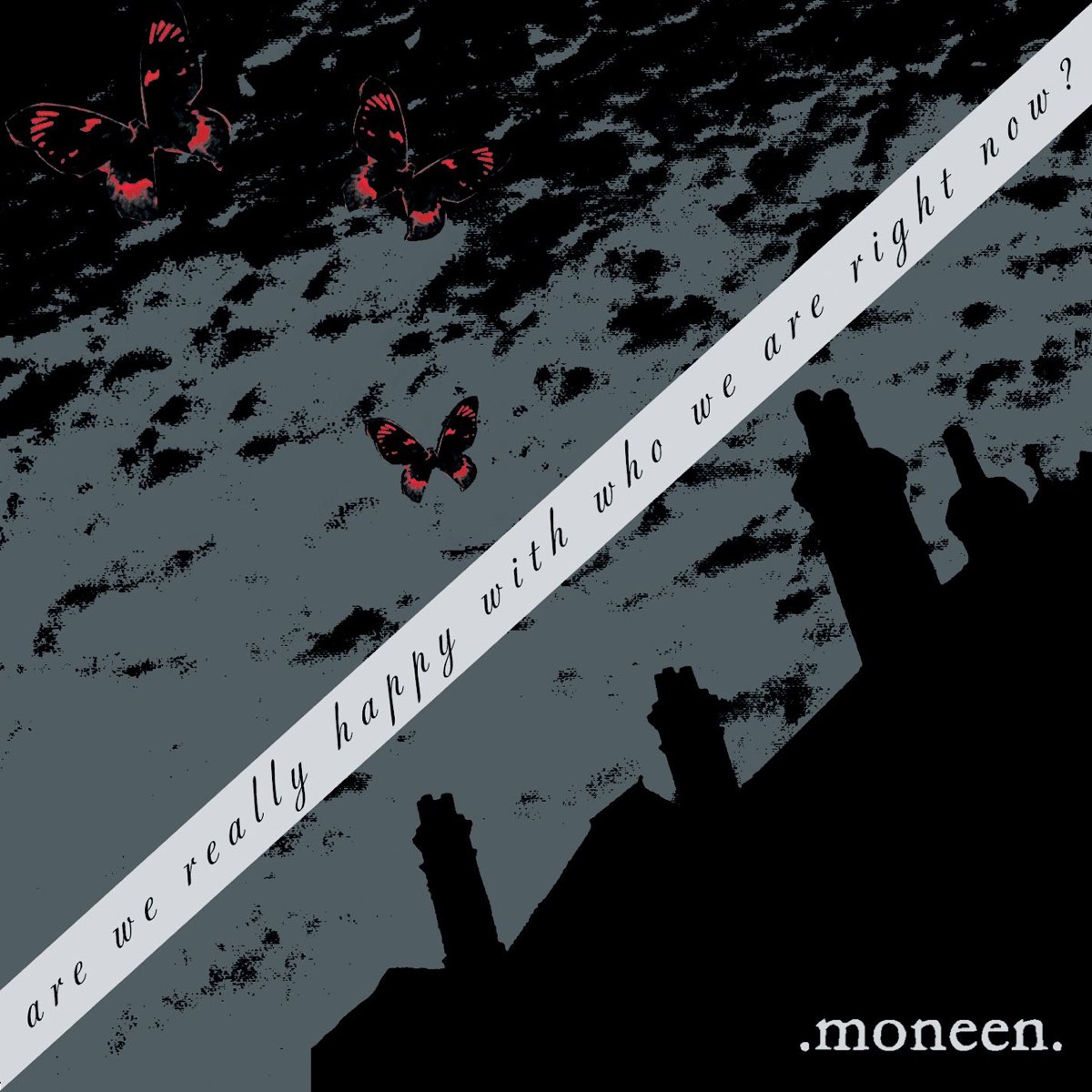
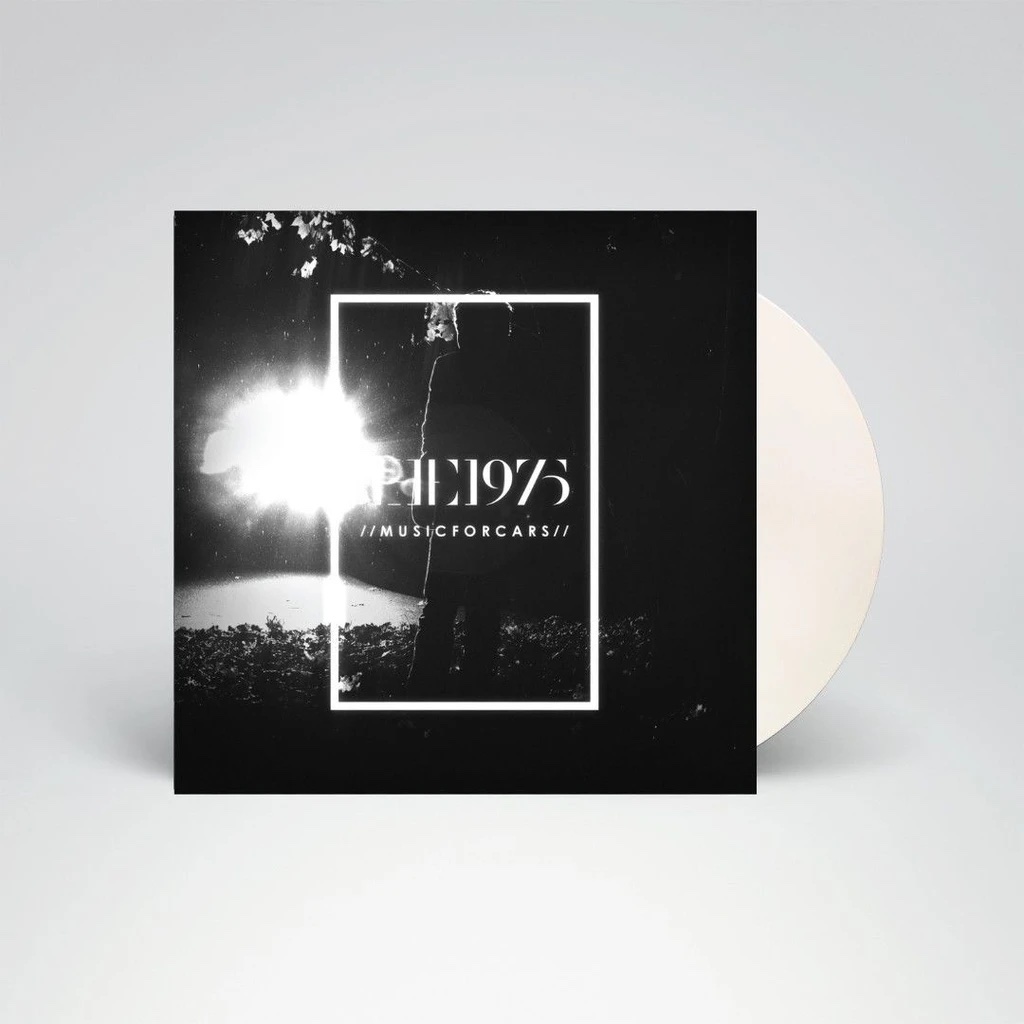
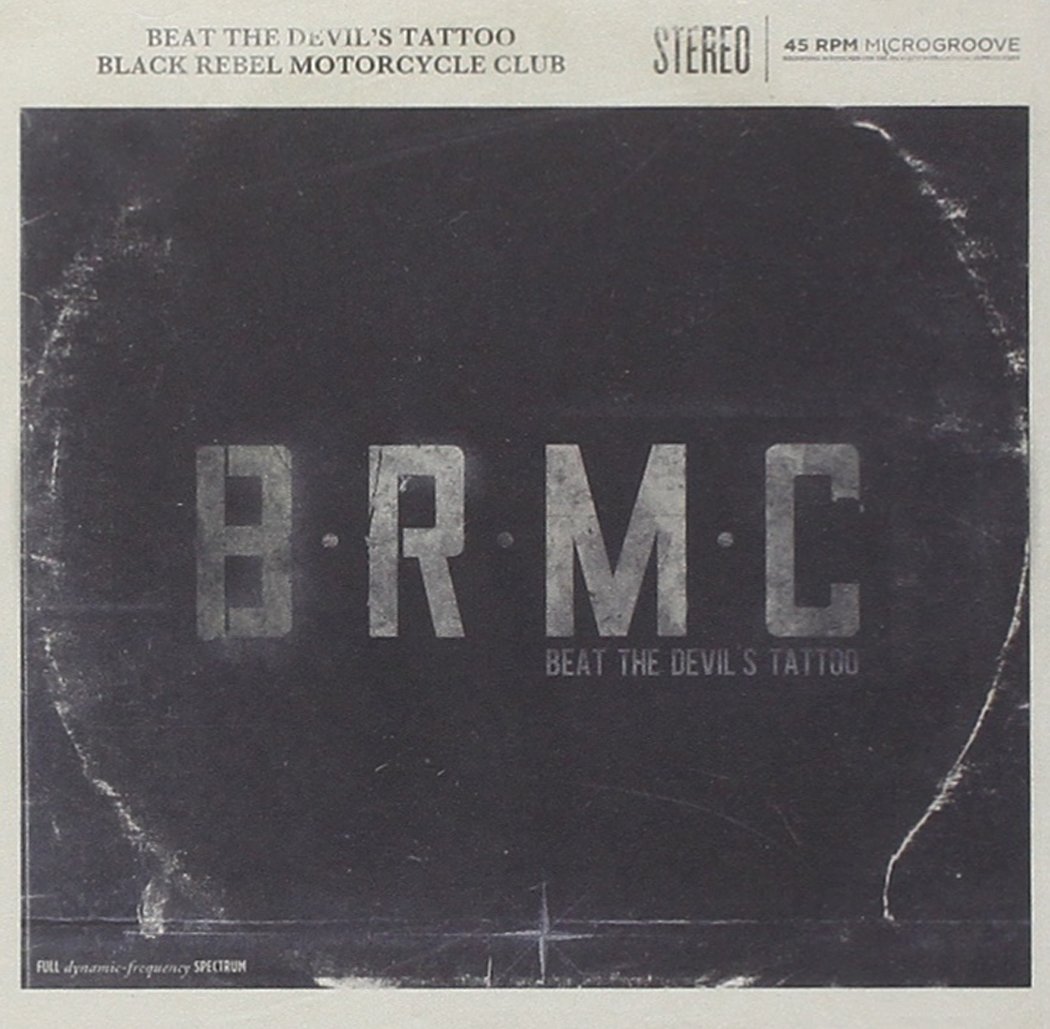
Leave a comment